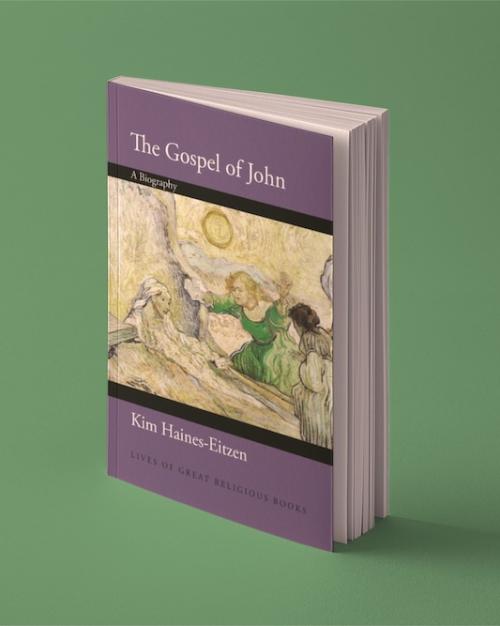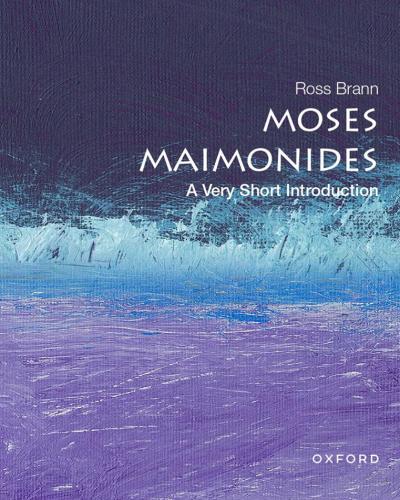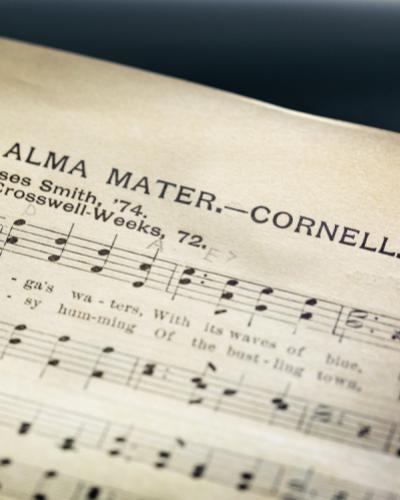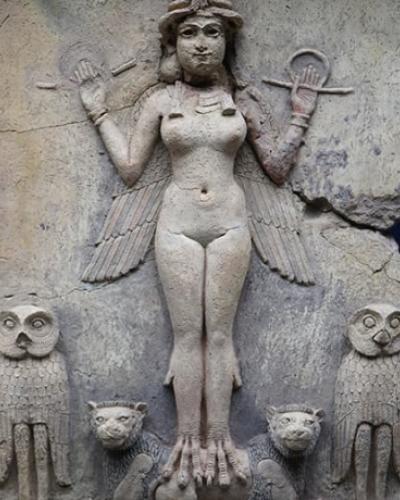See the full list of classes offered this coming spring on our course roster page.
We offer language classes in modern Turkish, Persian, Hebrew, and Arabic, and ancient Urdu, Akkadian, and Sumerian.
NEW COURSE Elementary Yiddish (NES 1776)
2 credits. D. Forman
Wednesday 7:30-9:25 pm
Intended for beginners. Provides an introduction to reading, writing, grammar, oral comprehension, and speaking, as well as some of the basic elements of Ashkenazi Jewish culture.
Islamophobia and Judeophobia (NES 2523)
3 credits. R.Brann
TR 10:10-11:25 am with discussion sections on Friday
Islamophobia and Judeophobia are ideas and like all ideas they have a history of their own. Although today many might think of Islamophobia or Judeophobia as unchangeable---fear of and hatred for Islam and Muslims or Judaism and Jews---these ideas and the social and political practices informed by them have varied greatly over time and place. They even intersected during the Middle Age and in Ottoman times when "the Jew" was frequently represented as allied with "The Muslim". The first part of this course traces the history, trajectory, and political agency of Judeophobia and Islamophobia in texts and other forms of culture from late antiquity through the present. The second part of the course is devoted to modernity and the present especially in Europe and the United States focusing on representational practices---how Muslims/Islam and Jews/Judaism are portrayed in various discourses including the media, film and on the internet. We will investigate how these figures (the Muslim, the Jew) serve as a prism through which we can understand various social, political and cultural processes and the interests of those who produce and consume them.
Introduction to Islamic Civilization (NES 2655)
3 credits. D. Powers
MW 2:55 - 4:10 pm
At the beginning of the 7th century, a new religion, Islam, appeared in Arabia and by the end of the century, Muslims had defeated the Byzantines and Persians and created an empire that stretched from Spain to India. For the next millennium, Islam glittered. Its caliphs, courts, and capitals were grander, more powerful, and more sophisticated than those of any medieval king, duke or prince. In this course, we will trace the emergence and development of Islamic civilization from the birth of Muhammad ca. 570 to the Mongol sack of Baghdad in 1258. We will read the Qur'an and listen to its recitation; examine the career of the Prophet Muhammad; follow the course of the Arab conquests; explore the nature of the conflict between Sunnis and Shi'is; learn about the five pillars of Islam, sharia law, theology, and Sufism; and assess the achievements of Muslim intellectuals in literature, art, architecture, science, and philosophy.
Forbidden Sex: Arabian Nights (NES 2700)
4 credits. P.Vaziri
MW 2:55-4:10 pm
This course explores the millenia-long history of remediation of this ancient Perso-Arabic text, with specific attention to the transmission of phobic tropes about miscegenation. We will track the history of the Nights' translation and dissemination throughout the Middle East and Europe, attending to its adaptations in various media.
Islam and Gender (2770)
3 credits. S.Golestaneh
TR 2:55-4:10 pm
This course explores the role of gender and sexuality in shaping the lives of Muslims past and present. Through a close examination of ethnographies, intellectual histories, and religious treatises, we will analyze the key debates and discourses surrounding the intersection of gender and Islam. We begin by investigating Quranic revelations and hadith concerning gender and sexual ethics, female figures of emulation in early Islam, and feminist exegeses of the Quran. Continuing onward, we focus upon the everyday lives of Muslim women and non-binary individuals in medieval, colonial, and post-colonial contexts, highlighting the ways in which people negotiate and respond to the sexual politics of the times in which they live as we ask what, if anything, is specifically "Islamic" about the situations under discussion? Following this, we embark upon a history of sexuality within Islam, tracing the ways in which the categories of "homosexuality" and "heterosexuality" came to exist in the Muslim world, as well as the history and positionality of trans communities past and present. We then continue with an exploration of Islamic feminism as it exists today, looking to the ways in which Muslim feminists have critically engaged both religious texts as well as Western feminist theory. Finally, the course concludes by analyzing the relationship between the study of Islam, gender, and empire.





